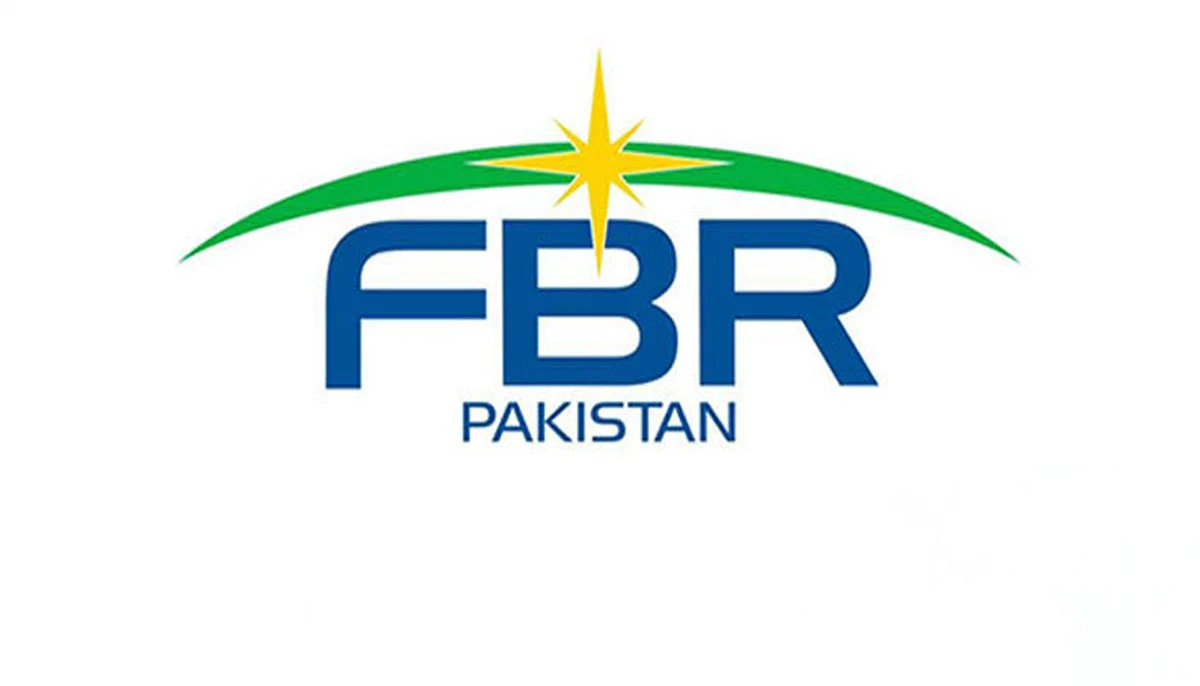The Pakistan Business Council (PBC) has raised serious concerns regarding the Federal Board of Revenue’s (FBR) SRO 229(I)/2023, which mandates the maintenance of records of beneficial owners by companies and foreign investors.
Despite the comprehensive documentation required by the Securities and Exchange Commission of Pakistan (SECP), the PBC has expressed apprehension over the implications of this statutory regulatory order on the corporate sector.
In a letter addressed to FBR Chairman Asim Ahmad, the PBC highlights the potential ramifications of SRO 229(I)/2023 on businesses. The SRO, issued on February 28, 2023, proposes amendments to the Income Tax Rules, 2002, introducing a new chapter titled ‘Record of Beneficial Owners’ for companies.
The PBC firmly urges the FBR to withdraw the SRO immediately, specifically in relation to the retention and provision of records of beneficial owners of companies.
The organization emphasizes that the SECP has already mandated the maintenance of a record of Ultimate Beneficial Owners through Section 123A of the Companies Act 2017. Furthermore, the SECP has implemented amendments to the Companies (General Provisions and Forms) Regulations, 2018, via SRO 928(I)/2020, which includes new provisions regarding the Additional Particulars of Ultimate Beneficial Owners.
To comply with the SECP’s legal requirements, companies must adhere to a detailed procedure for identifying and obtaining information on their ultimate beneficial owners. Subsequently, they are obligated to report this information to the SECP using the prescribed forms.
The SECP’s SRO 928(I)/2020 specifies that companies should maintain a register of ultimate beneficial owners, containing a range of particulars such as their name, father’s name/spouse’s name, CNIC/NICOP/passport number, date of issue, nationality, country of origin, residential address, email address, dates of shareholding/control/interest acquisition, and details of any former ultimate beneficial owner.
In cases of indirect shareholding, control, or interest exercised through intermediary entities or legal arrangements, reasonable measures should be taken to obtain the names and particulars of the ultimate beneficial owners.
Given the extensive and comprehensive list of particulars required by the SECP, compliance with the existing requirements is already a significant undertaking for companies. Therefore, the FBR’s proposal in SRO 229(I)/2023 not only introduces redundancy but also increases the workload. This duplication of efforts goes against the ethos of “ease of doing business in Pakistan,”, particularly for foreign investors.
Pakistan has been actively striving to improve its ranking in the World Bank’s Ease of Doing Business Report through various reforms and initiatives. However, the proposed amendment, with its added bureaucracy and potential burden on businesses, may inadvertently undermine the progress achieved so far. The PBC highlights these concerns in its letter to the FBR, emphasizing the need to reconsider the implications of SRO 229(I)/2023.
Pakistan Business Council raises valid concerns over the Federal Board of Revenue’s SRO 229(I)/2023 and its impact on the corporate sector. The PBC urges the FBR to withdraw the SRO, given the existing comprehensive legal requirements set forth by the SECP. By alleviating redundant processes and reducing administrative burdens, Pakistan can enhance its business environment and foster a more conducive atmosphere for foreign investors.


